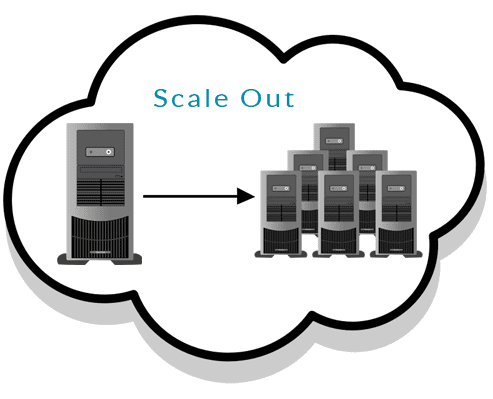
Real Estate Technology Solutions
admin
- 0
Technology has revolutionized every industry, including the real estate sector. From virtual tours to online property listings, there are numerous technology solutions that have transformed the way we buy, sell, and rent properties. In this article, we will explore some of the top real estate technology solutions and their impact on the industry.
Virtual Reality
One of the most exciting advancements in real estate technology is virtual reality (VR). VR technology allows potential buyers to take virtual tours of properties without actually being present physically. Using a VR headset, users can navigate through rooms, explore the layout, and get a feel for the property from the comfort of their own home. This not only saves time and energy but also enables international buyers to view properties located in different countries without the need for travel.
Virtual reality is also used for staging properties. Instead of physically setting up furniture and decor, real estate agents can use VR technology to virtually stage empty properties. This helps buyers visualize the potential of a space and creates a more immersive experience.
Online Property Listings
Gone are the days when potential buyers had to rely solely on newspaper ads or physically visiting real estate agencies to find properties. Online property listings have transformed the way properties are marketed and discovered. Websites and apps dedicated to real estate allow individuals to search for properties based on their preferences, such as location, price range, and size.
These platforms provide detailed property descriptions, high-quality images, and often virtual tours, making it easier for buyers to shortlist properties. Real estate agents can also reach a wider audience by listing their properties online, increasing the chances of finding the right buyer quickly.
Blockchain Technology
Blockchain technology is making its mark on the real estate industry by enhancing transparency and security in property transactions. By utilizing smart contracts powered by blockchain, property transactions can be executed and recorded more efficiently. This eliminates the need for intermediaries and reduces the risk of fraud or errors.
Blockchain can also facilitate property ownership verification, simplifying the process of transferring property titles. This technology ensures that the ownership history of a property is accurately maintained and easily accessible.
Artificial Intelligence
Artificial Intelligence (AI) is being harnessed to transform the real estate industry in several ways. Chatbots have become increasingly common on real estate websites, providing instant responses to queries and assisting potential buyers in their search. These virtual assistants use natural language processing and machine learning algorithms to understand and respond to user inquiries, saving time for both buyers and agents.
AI algorithms are also used in property valuation processes. By analyzing historical data and current market trends, AI-powered tools can provide more accurate property valuations. These tools take into consideration various factors such as location, neighborhood, and market demand, ensuring fair and reliable property assessments.
The Internet of Things (IoT)
The Internet of Things (IoT) is revolutionizing the way properties are managed and controlled. IoT devices can be used to automate various tasks, such as adjusting the temperature, controlling lighting, and monitoring security systems. These devices are interconnected and can be controlled remotely through a smartphone or other devices.
Smart home technology, enabled by IoT, allows homeowners to have more control over their properties, enhancing convenience and security. For example, homeowners can remotely unlock doors for visitors or receive alerts about potential security breaches.
Conclusion
The real estate industry is embracing technology solutions that have simplified processes and improved user experiences. Virtual reality, online property listings, blockchain technology, artificial intelligence, and the Internet of Things have all played significant roles in transforming the way we buy, sell, and manage properties. As technology continues to advance, we can expect even more innovative solutions that will revolutionize the real estate sector.

